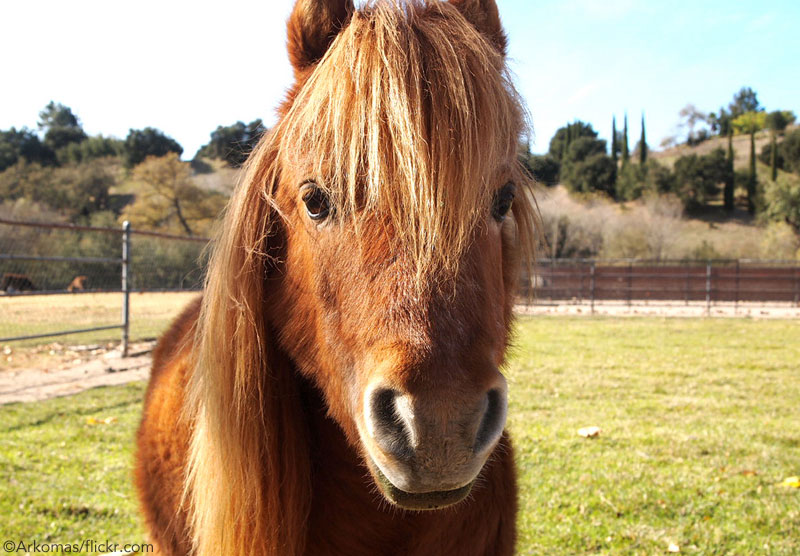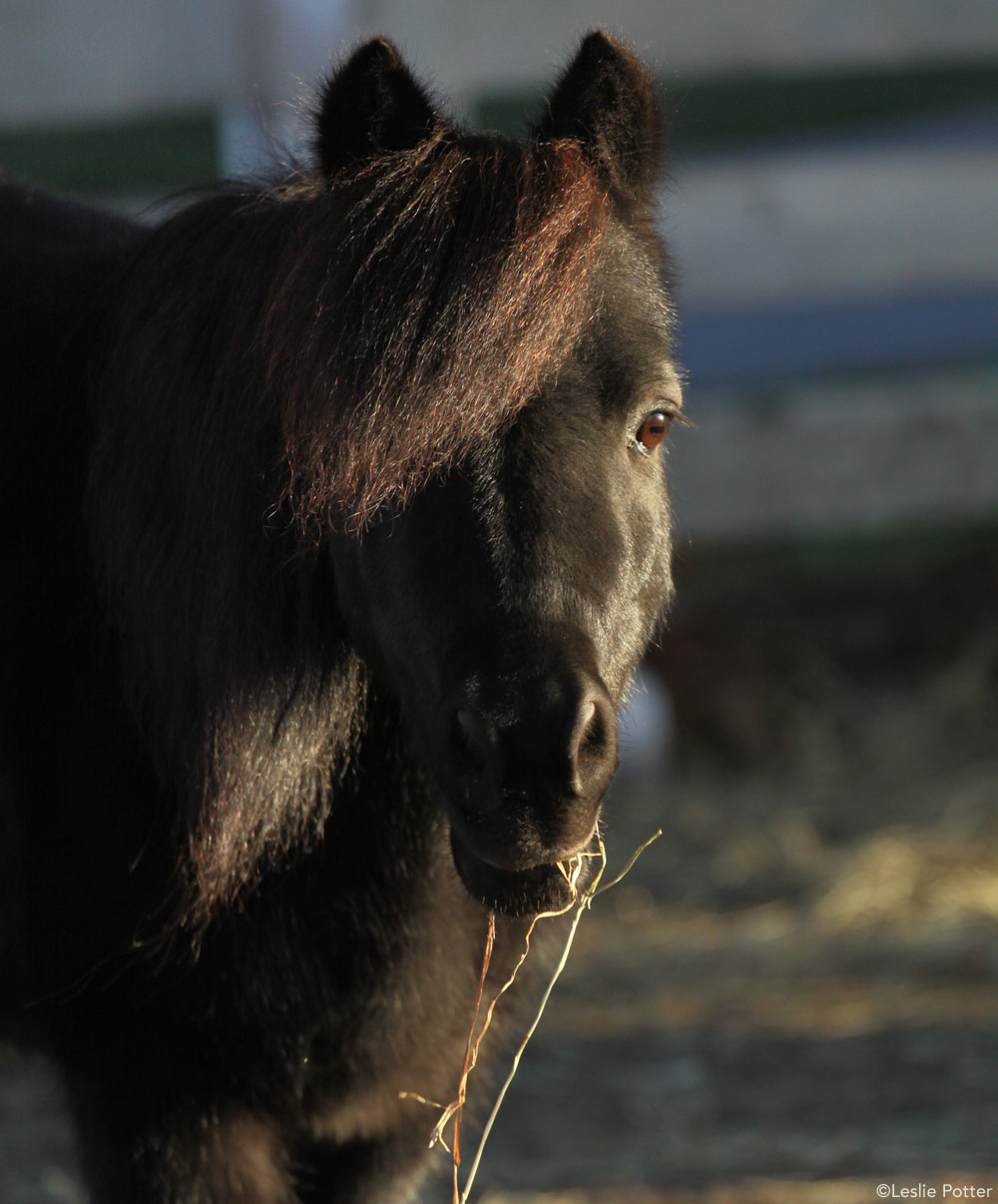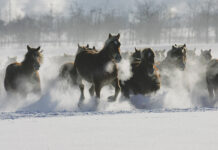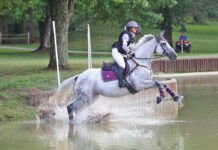Miniature Horse History
The Miniature Horse traces its history back to the 17th century in Europe, when oddities and unusual animals were talking points among nobility. Less refined Minis were employed as “pit ponies” working and living inside mines. Minis were imported to America in the 1930s to work in the coal mines.

The Mini’s foundation breed is the Shetland pony. Over the years, other breeds were included, such as the Hackney pony for refinement and movement; horses with pinto markings were included for color. This selective breeding created the modern Miniature Horse, a height breed in various types; in other words, scaled-down versions of their full-size counterparts, such as Arabians, draft horses, Quarter Horses and Paints.
Although Minis cannot be ridden (even by children) they are used for driving and in-hand classes, such as obstacle courses and halter.
Miniature Horse Characteristics
Miniature Horses are measured in inches, rather than in hands, up to the last hairs at the base of the mane at their withers. They stand under 34 inches. Minis come in all colors including palomino, pinto, and even a cross between a pinto and an Appaloosa called a “Pintaloosa.”

For More Information
- The American Miniature Horse Association, www.amha.org;
- American Shetland Pony Club/The American Miniature Horse Registry, www.shetlandminiature.com
Further Reading
- What’s the Difference Between Mini Horses and Ponies?
- Driving Mini Horses
- 5 Fun Facts About Miniature Horses
This horse breed profile was originally published on December 15, 2006.





